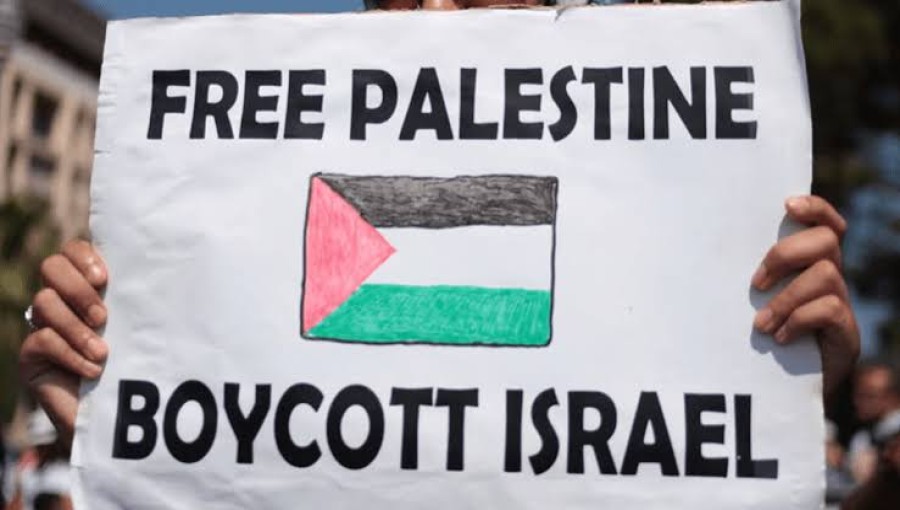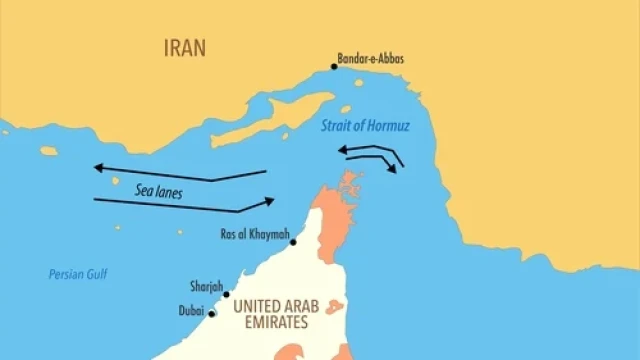Amid the holy month of Ramadan, Southeast Asia witnesses a growing movement to boycott Israeli products, notably in Malaysia and Indonesia, the region's largest Muslim-majority countries. Reports from the South China Morning Post and Nikkei Asia reveal an escalating trend where renowned brands are grappling with dwindling consumer support.
In Malaysia, customs officials apprehended an individual for allegedly selling Israeli dates in local markets, as reported by the South China Morning Post and Nikkei Asia. Concurrently, Indonesian authorities have instructed the public to cease importing Israeli goods, reflecting a unified stance against Israeli policies.
The boycott stems from heightened outrage over the ongoing conflict in Gaza, with the Gaza Ministry of Health reporting over 30,000 Palestinian casualties. Social media campaigns in Malaysia catalyzed the movement, leading to reduced purchases of products associated with Israel, such as Bay Tea. Notable brands like Domino's and Starbucks in Malaysia face declining patronage, with McDonald's pursuing legal recourse for compensation.
Similarly, Indonesia witnesses a palpable aversion to brands perceived to be linked with Israel. McDonald's, in particular, encountered public backlash since last October when it disclosed donations of food packets to the Israeli army during the Gaza war. The ripple effect extends to global brands like Unilever and Starbucks, experiencing sales declines amid geopolitical tensions.
Acknowledging the widespread sentiment, McDonald's franchisees in Muslim-majority countries like Saudi Arabia, Oman, Kuwait, and the United Arab Emirates have pledged support for Palestinian relief efforts. Unilever Indonesia, meanwhile, expressed dismay over the conflict's impact on sales, despite efforts to distance itself from the geopolitical fray.
As the boycott gains traction, multinational corporations grapple with the ramifications of geopolitical tensions on their bottom line, underscoring the potency of consumer sentiment in shaping global commerce.
The boycott underscores the enduring resonance of Palestinian solidarity in Southeast Asia, highlighting the impact of consumer activism on global brands amidst geopolitical tensions.































Comment: